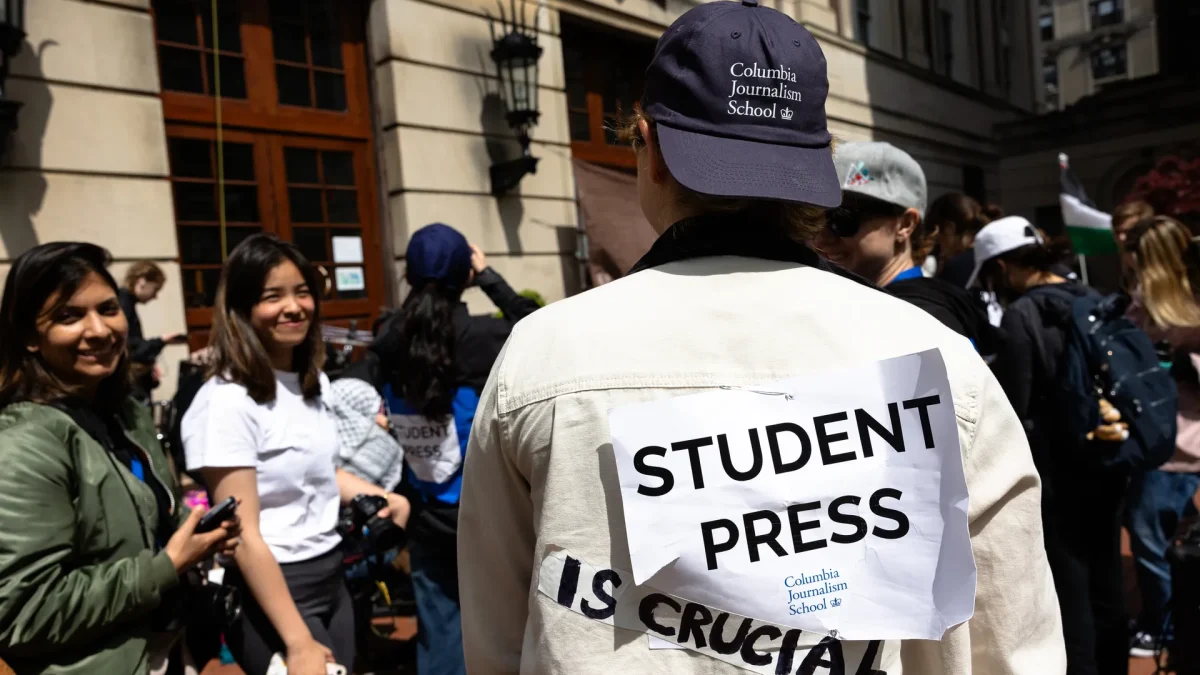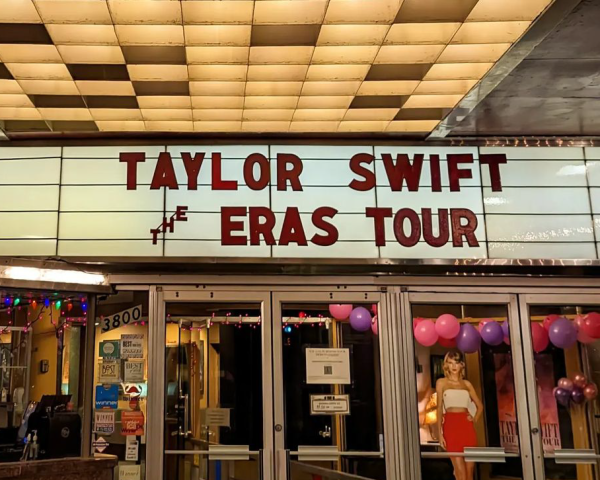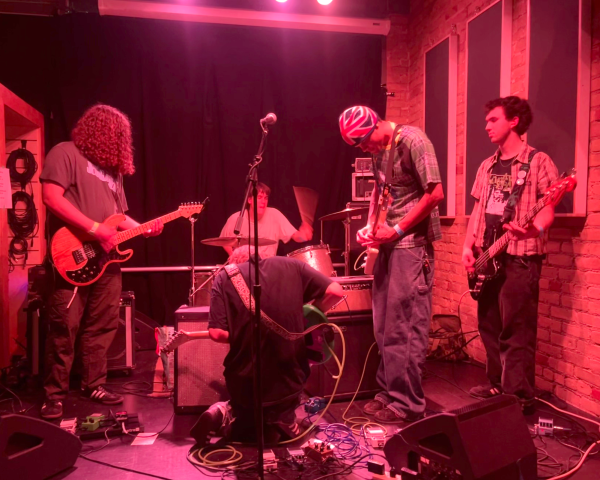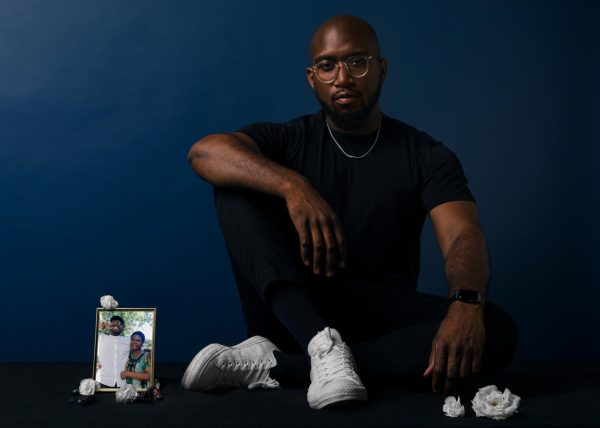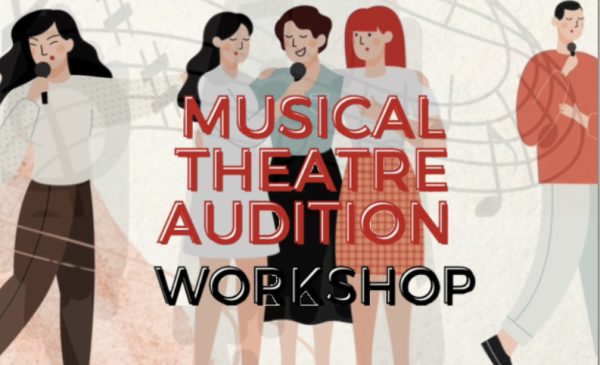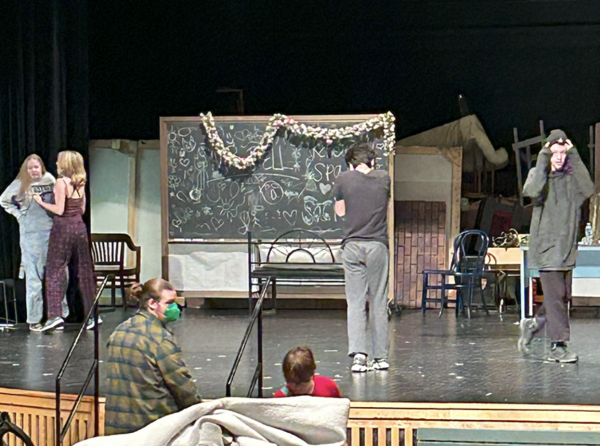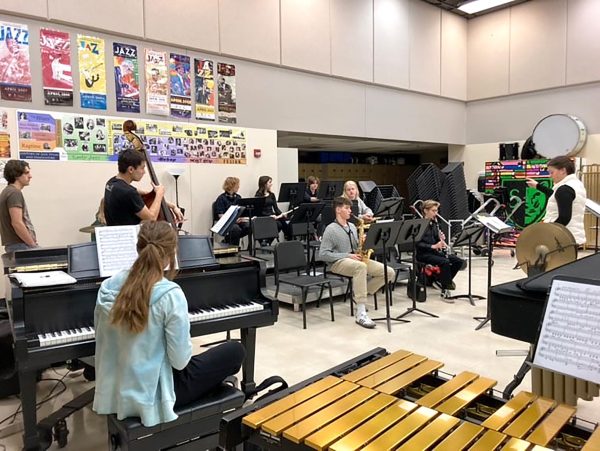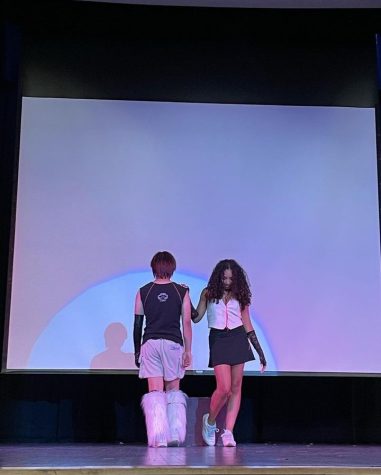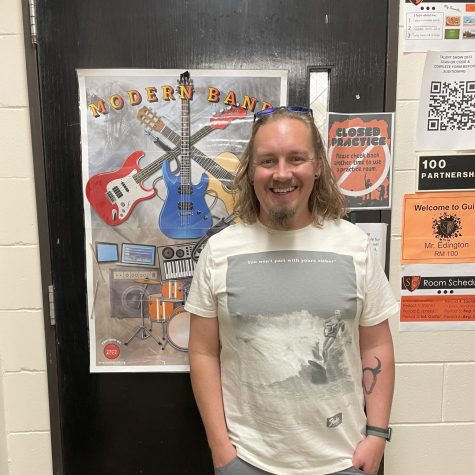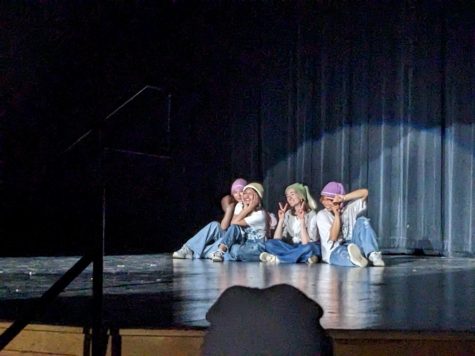Anoka parent group targets best selling book
November 11, 2013
Was your child one of the hundreds exposed? The book Eleanor and Park, written by Rainbow Rowell in 2013, was recently challenged by parents in Anoka-Hennepin County libraries and schools.
The author was scheduled to speak in Anoka schools in early October, but the event was abruptly cancelled when parents raised objections to the subject matter of the book.
Eleanor and Park is the winner of the 2013 Boston Globe Horn Book Award for Best Fiction Book and reached the New York Times top 10 bestsellers list.
It was also a part of a summer reading program for Minneapolis and the surrounding area high schools, in which it was widely distributed to students.
The back of the book describes it as the story of Eleanor and Park, “two star-crossed sixteen-year-olds–smart enough to know that first love almost never lasts, but brave and desperate enough to try.”
The reviews on the back cover describe the book as everything from surprising, breathless, funny, and sexy to hopeful, affecting, foul mouthed, and rare.
Two parents in Anoka brought the issue to the county when their 15 year old daughter came home with the book. Upon finding the words “sexy” and “foulmouthed” on the back cover, they were alarmed and decided to read the book.
They published their findings on the website for the Parents Action League of Anoka County. In this document, the parents voiced concerns about the book, saying “Never in our 43 years have either of us read anything more profane.”
Profanity and sexually explicit material in the book were the parents main objections to its distribution to students. The parents counted a total of 227 instances of profanity, the most common words being “God” with 67 uses, “Fuck” with 35 uses, and “Jesus” with 24 uses.
The material labeled by the parents as “pornographic” includes passages such as, “After five kids, her mother had breasts and hips like a woman in a cigarette ad”.
The parents concluded that, “This book touches on a variety of age inappropriate and highly controversial topics including underage sex, underage drinking and drug use, pornography, and the sexual abuse of children. These are topics left to be addressed…with moral guidance.” They urge their fellow parents to support the challenging of the book.
The logic behind the banning of the book was based on the Motion Picture Association of America’s (MPAA) criteria for determining movie ratings. According to the MPAA, a movie will be rated R if it uses more than one harsh, sexually-derived word such as the F-word. Students under the age of 17 are not allowed to attend R-rated movies without a parent or guardian.
The Anoka-Hennepin parents said “Based on this criteria only two instances of the f-word in this book would necessitate that it receive an R rating if was made into a movie and the screenplay maintained the exact same intensity and quantity of profanity. However, in this book we find no less than 62 instances of the f-word (or variants thereof) which would absolutely and without question necessitate an R rating without even taking into account any of the other obscenities or profanities.”
Anoka Senior Claire Weyrauch has been involved with a group called Red Hot Rebel Reads since she was in 9th grade. She wrote a letter to the school board advocating for the accessibility of Eleanor and Park at her school.
Weyrauch wrote in an email that, “In terms of the language… Eleanor and Park point out that people use too much language now-a-days, and they wish that people would use less. Through the language we also learn who our antagonists are”.
“As for that ‘sex scene’, it doesn’t even exist. Our main characters decide to remain abstinent, a lesson that many adults in our lives tell us is a good decision. We found it to be very funny that one of the main reasons behind the challenge to the book was a part of the story that didn’t exist.”” Weyrauch continued.
South Social Studies teacher Laura Lanik runs a blog that reviews books and interviews writers. She is very familiar with the book and recognizes that, “some parents have problems with swear words, but kids hear swear words at a very early age, if it’s on the bus, in the school hallways, and this is in elementary school so to ban this book for high school students is actually silly in my opinion.”
Both Lanik and Weyrauch find that the story has more depth than the superficial details of language used by characters. Lanik says, “The novel is an anti-bullying novel and it is a sweet, innocent love story between a girl who is having a very difficult time at home and a boy who is of mixed race. I think it appeals to all different kinds of kids.”
Weyrauch comments that, “To me, banning a book is a way of depriving young audiences of stories that teach them important lessons. There are elements of books that teach people important life lessons, so banning them just prevents people from learning these things. Books are meant to be fun, they’re meant to be a joy. Banning them does nothing but hinder people from experiencing these things.”
Banning books is not typically a popular decision. In fact, when books get banned, their circulation and popularity tend to increase.
In this case, Eleanor and Park has been selected as the Read Brave Book of 2014. Read Brave is the St. Paul Public Library’s citywide program that, according to the St. Paul Public Library, “encourages youth and adults to read and discuss a book that explores issues facing teens today”
Read Brave and student organization, Teens Know Best, have invited author Rainbow Rowell to come and speak in the Twin Cities, along with a panel including the parents that challenged the book, about the banning and importance of her novel.
Lanik has also done her part to make sure the importance of this story is heard among students. She is currently organizing a school-wide read of the book once administration reviews the book. Part of this involves the author coming to speak at the school which would take place this February.
As far as individual students are concerned, there are many ways to stay involved. The ALA features on their website, “3 steps to protect your rights to read; 1: Stay informed about book bans and challenges, 2: Challenge Censorship” and, “3: Support Your Local Schools and Libraries.”

